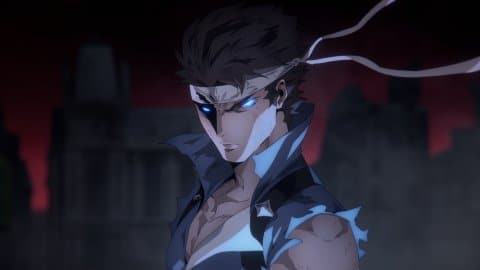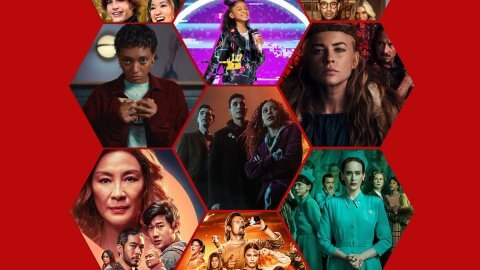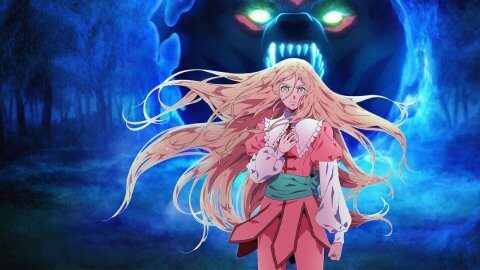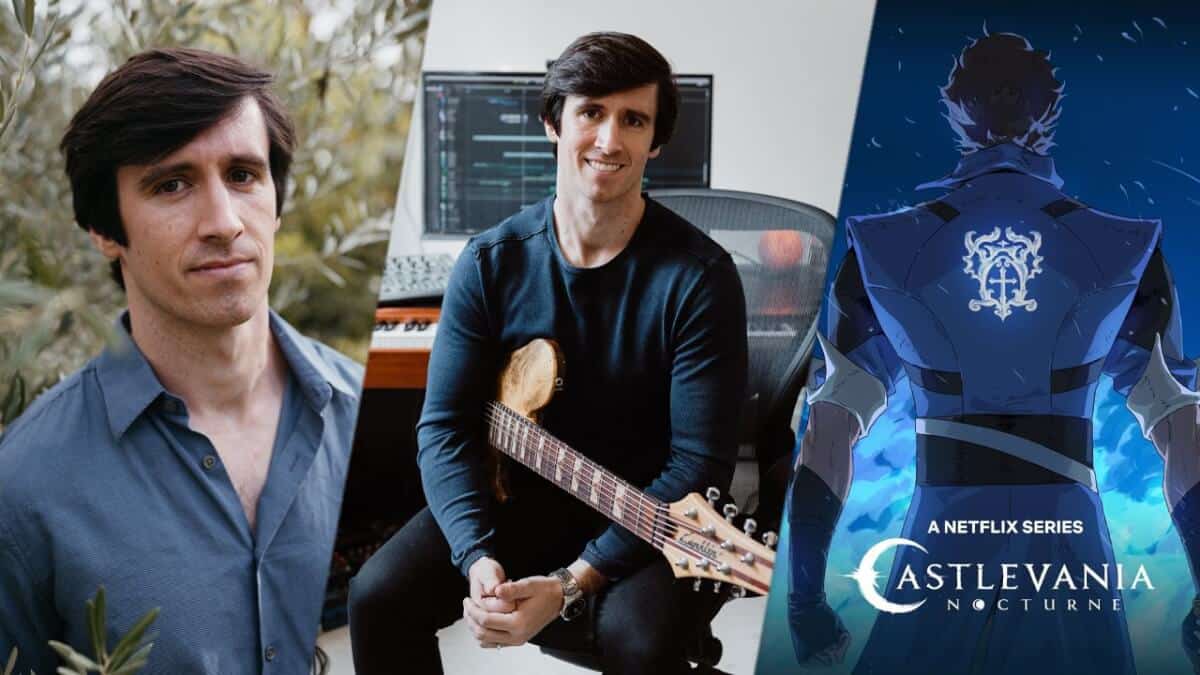
Pictures coutesy of Netflix / Trey Toy
Castlevania: Nocturne, the next chapter in the Belmont Clan’s fight against the forces of evil has just been released on Netflix, and we had the excellent opportunity to interview Trey Toy, the co-composer of the series.
A franchise that has expanded almost 40 years, Castlevania has amassed a total of 29 video games and has gone on to become one of the most iconic video game franchises, featuring some of the most beloved heroes and villains in video game history, mainly Dracula, and several members of the vampire-hunting Belmont clan, such as Simon and Trevor.
In July 2017, the first four episodes of the Castlevania anime were released, and immediately millions of subscribers from around the world were hooked by the work of Powerhouse Animation, the writing of creator Warren Ellis, and the charm of a star-studded cast featuring the talents of Richard Armitage, James Callis, and Alejandra Reynoso.
When the series came to an end after four seasons in 2021, many subscribers were left questioning if this was the end of the Castlevania anime on Netflix. Thankfully, with so many stories and characters to take inspiration from, we’ll soon see the start of the next chapter of the Castlevania story in Castlevania: Nocturne.
Before working on Castlevania: Nocturne, composer Trey Toy worked on Netflix projects such as Castlevania, Ozark, and Pieces of Her.
How did you first become involved with Castlevania: Nocturne?
I worked with Trevor Morris on his score for the original Castlevania series. That show was such a fun ride and really set the groundwork for a slew of other animated adaptations. While I had played the games as a kid, I had not realized how important the Castlevania franchise, and its music, still are to fans from all around the world. Working on the original really opened my eyes to the massive and passionate Castlevania fandom, which is so inspiring as a creator. So, when Trevor came to me and asked me to co-score Nocturne with him, it was the fastest “Yes!” I’ve ever typed.
How would you describe your score for the series?
We had the exciting challenge of marrying the epic, high-stakes nature of the source material, with what is ultimately an elegant, grounded, and character-driven story. So as much as we leaned on the traditional palette of orchestra, drums, choir, and the like, we balanced that with intimate recordings of soloists ranging from electric cello, played by Ro Rowan, to Ari Mason’s haunting vocals. This duality is the heart of what makes Nocturne such an engaging adaptation, and as much as loved putting the pedal to the metal and scoring the impeccably animated action sequences, we took equal delight in the softer, emotional moments with our favorite characters. As much as the audience might know Richter Belmont as a character in the games, they’ve never met him in person, and I think fans will be thrilled to get to know him. Oh, and don’t worry, we didn’t forget the electric guitar!
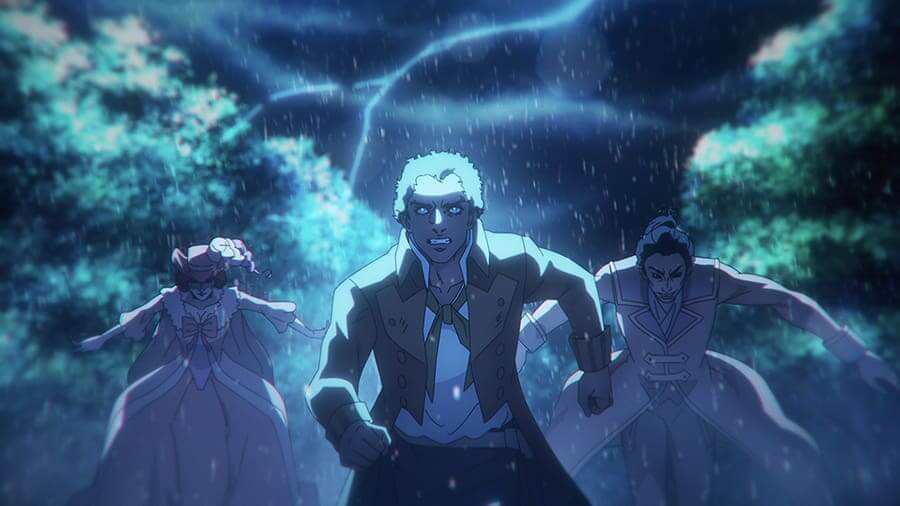
Castlevania: Nocturne S1. Sydney James Harcourt as Edouard in Castlevania: Nocturne S1. Cr. NETFLIX © 2023
What differences can fans expect to hear between the scores of Castlevania and Castlevania: Nocturne?
From the very beginning of the scoring process, Netflix and the production team decided that the music for Nocturne should stand out from the original. The series is set hundreds of years in the future, with characters that, while related to our heroes from Castlevania have their own histories, motivations, and demons that they bring to the table. Additionally, Netflix asked that the score really take center stage this time around, and they gave us ample liberty to experiment, which as composers we absolutely love. I come from a background in avant-garde music, so I happily jump at any chance to push sonic boundaries. The music is certainly bold; I don’t know if I’d say it is bolder than the original, because that was a high-octane score, but we leaned on themes more than we had in the past and used a broader color palette. Speaking of which, the narrative of Castlevania: Nocturne spans geography and culture in a way that the original series, set primarily in Europe, did not. This gave us an opportunity to use a diverse array of instruments from around the world, including didgeridoo, kora, and even conch shells played by the incomparable Don Chilton. All that said, we did try our best to give nods to the original where appropriate, but I won’t say anything more on that!
The French Revolution has a big part to play in the story, how big of a role does this iconic period of history play in the music of Castlevania: Nocturne?
We absolutely wanted the spirit of revolution to permeate the score for Castlevania: Nocturne. Thematically, two characters that come to mind are Maria and Anette. Maria is young, idealistic, and is caught up in the revolutionary fervor of the period. As such, her theme is a heroic and rousing call to arms. Anette, coming from the horrors of Caribbean slavery, has known suffering in a way the other characters never will and has emerged as a force to be reckoned with. Her thematic material is strongly connected to her roots, culture, and the shackles that she left behind.
What’s the biggest challenge when composing the music of an animated series compared to live-action?
The normal answer I would give is that because animation is ‘two dimensional,’ the score must work harder to heighten the on-screen drama, to act as the ‘missing’ third dimension. However, because the animation for Nocturne is so rich in color and depth, we approached the score in the same way that we would a live-action film or television show. We were never wanting for visual inspiration.
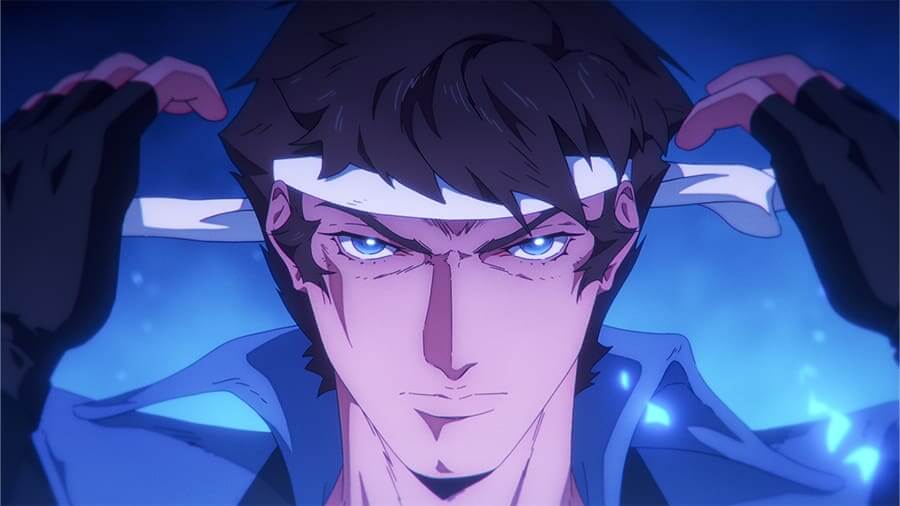
COURTESY OF NETFLIX
Are there any subtle nods to the music of the video games and easter eggs for fans?
Anyone who has seen the latest trailer knows that the team wasn’t afraid of some not-so-subtle nods to the music from the video games! As for easter eggs, I don’t want to spoil anything, but I am confident that Nocturne will satisfy the fans of the games. From the growing Belmont family tree and Castlevania universe to the easter egg-filled action sequences, this is truly an unparalleled evolution of the franchise.
You’ve already worked on the music of some great Netflix Originals such as The Witcher: Blood Origin, Castlevania, and Piece of Her. Can we expect to see more of your work on Netflix in the near future?
I certainly hope so! Netflix consistently produces some of the best content out there, and they are known for giving composers the latitude to explore and create something memorable and special. I am actually working on something exciting at the moment, but it is too early to announce unfortunately!
Who is your favorite Castlevania character?
I am going to cheat a bit with this answer and say both Annette and Edouard; deciding between the two would be Sophie’s choice that I do not want to make! Without giving anything away, their arc is rich, and complex and imbibes the series with a powerful emotional depth. Furthermore, Edouard is a talented and respected opera singer and performs some gorgeous works from the classical repertoire. We had the chance to work with Sydney James Harcourt, the actor who plays Edouard, on these pieces. Collaborating with a singer of his talent is a rare opportunity, and it is one that I will treasure for the rest of my career.
Are you looking forward to watching Castlevania: Nocturne on Netflix? Let us know in the comments below!

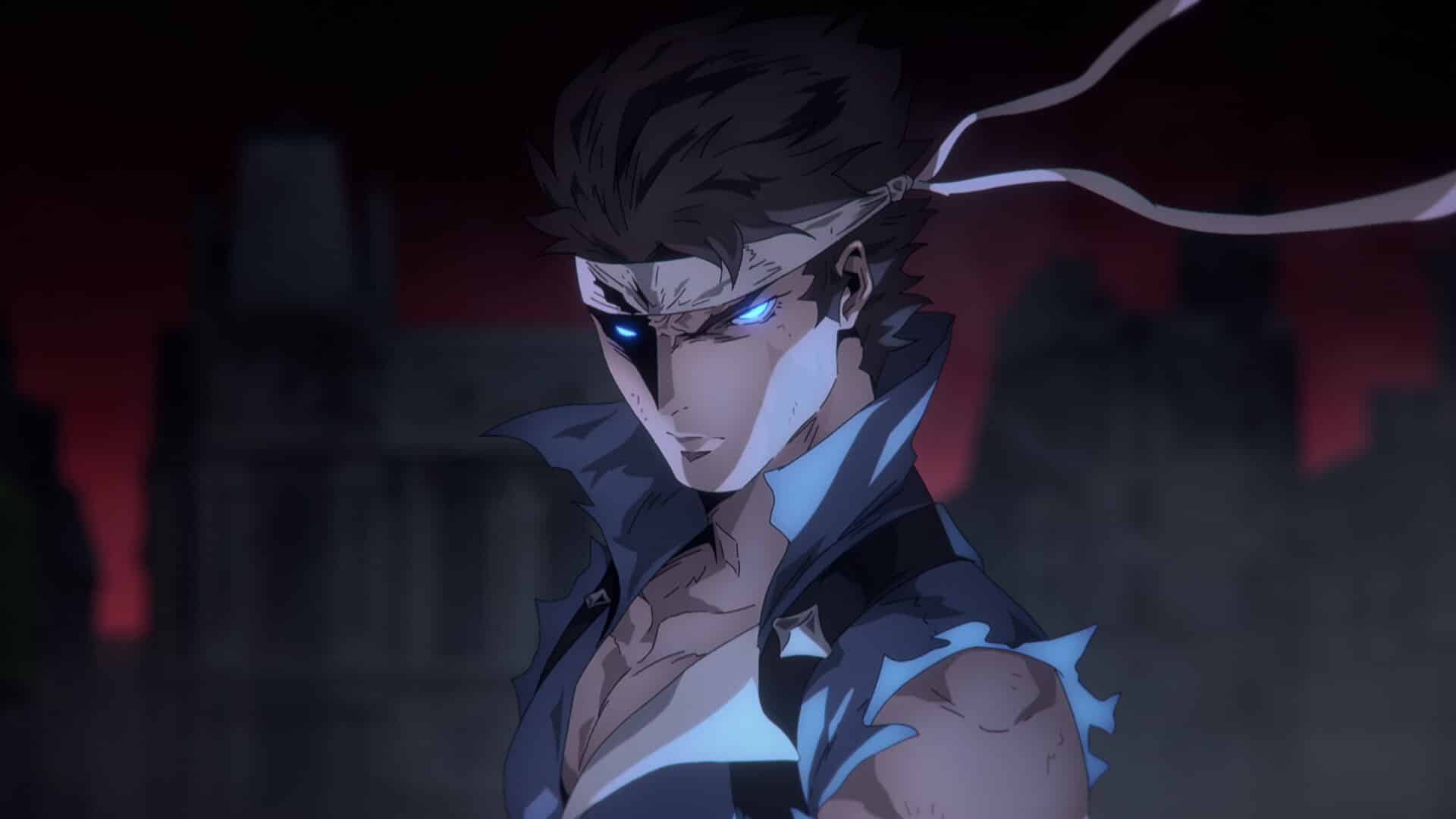
 Rating: TV-MA
Rating: TV-MA